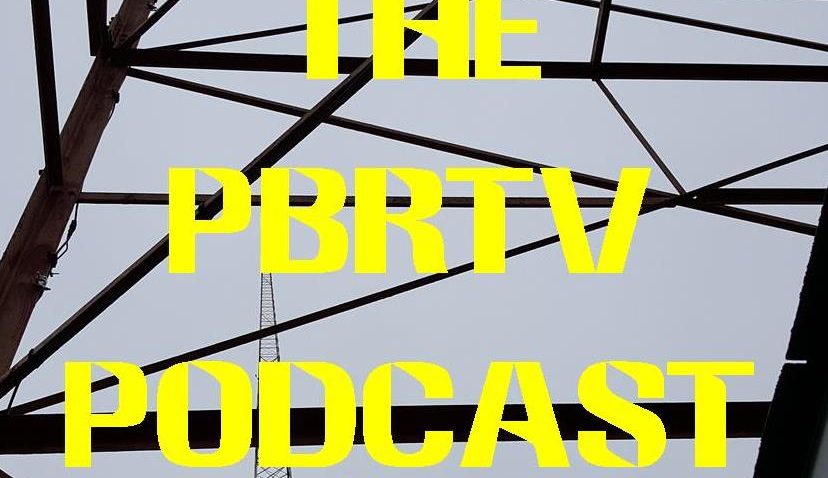No power? For radio, that can be a major problem.
May 3, 2025Tuesday Afternoon: Major storms swept through the Western Pennsylvania region, with winds reaching the intensity of a weak hurricane, though the duration was brief. Saturday Morning: Many are still feeling the aftermath, including downed trees, power lines, and damaged homes and vehicles. And let’s not forget the thousands of dollars in food lost due to power outages. For those still without power, we extend our heartfelt support and hope you remain safe.
This morning, I received a message from Anthony asking:
“I wanted to comment and ask about all the stations that went off the air during the storm the other day. I don’t remember seeing so many radio stations not only knocked off the air, but for such an extended period of time. I was hoping you could provide an insightful post on this.”
I’m happy to oblige, and I believe the answer is relatively simple. But I can already anticipate the first question that will follow. (In other words, I’ve been down this road before.)
First off, electrical infrastructure has improved over the years. I vaguely recall power outages being more frequent when I was a child than they are now. But there are still moments when it feels like it takes nothing more than someone tooting in the direction of a transformer to knock the power out. That said, things are definitely better than they used to be. But this storm packed a wallop and destructed in minutes what will take weeks, if not months, to clean up.
When I worked at Broadcast Communications, Inc., I would guess we’d experience one significant power outage each year on average, during which many clients would receive a refund for shows or spots that never aired. But it’s important to keep in mind that multiple factors contribute to keeping these stations powered:
- The studios are all located in Allegheny County, which is primarily served by Duquesne Light Co.
- Of the transmitter sites those studios feed, one is just a few miles away and still falls under DLC’s service area, but the others are covered by West Penn Power, which serves much of Westmoreland and Fayette Counties.
Now, I’m sure you’ve already guessed the most common follow-up question I’ve received after providing this explanation:
“Well, why didn’t you have a generator?”
To be fair, many stations undoubtedly do have generators, especially those with only one or two stations. But there are other factors to consider:
- Do the station’s lease agreements allow for a generator?
- How long will the generator last during an extended outage?
- How many stations are housed in one building?
- How much power will be needed for the transmitter?
- Which stations should be prioritized for generator power, and which can be left off?
- Is it more cost-effective to lose revenue from advertisers or to invest in a generator that may only be used a few days a year?
While it might seem like these answers are straightforward, I suspect it ultimately comes down to the bottom line, as it often does.


I’m a radio junkie, but not a broadcast technician. Does the Emergency Alert System require that a station make “best efforts” to get back on the air? Does a broadcast license speak to this?
The FCC would like stations to get back on when it was possible, but not enough to require generators
My power was out for several days. This was a rather extreme event with straight line winds that topped out in the 70-80 MPH range. This toppled a lot of trees. I have to say the power companies did their best as I saw many out-of-state crews working. You can just imagine when you’re in the woods, with lots of trees down, more branches on the verge of coming down, and potentially downed live wires out there, it’s pretty daunting.
IMO as big an issue as stations being off the air is the lack of any useful content on the stations that stayed on. There is now really only one Pittsburgh radio station that has any substantial news content, KDKA. And they shift to syndicated programming in the evening so basically you’re cut off from local news updates until the morning show starts. At least when they were co-owned with a television station they were able to JIP the TV newscasts that those of us sitting in the dark can’t see. But my experience with local radio during the last two extended power outages is that the FCC public service requirement is a joke.